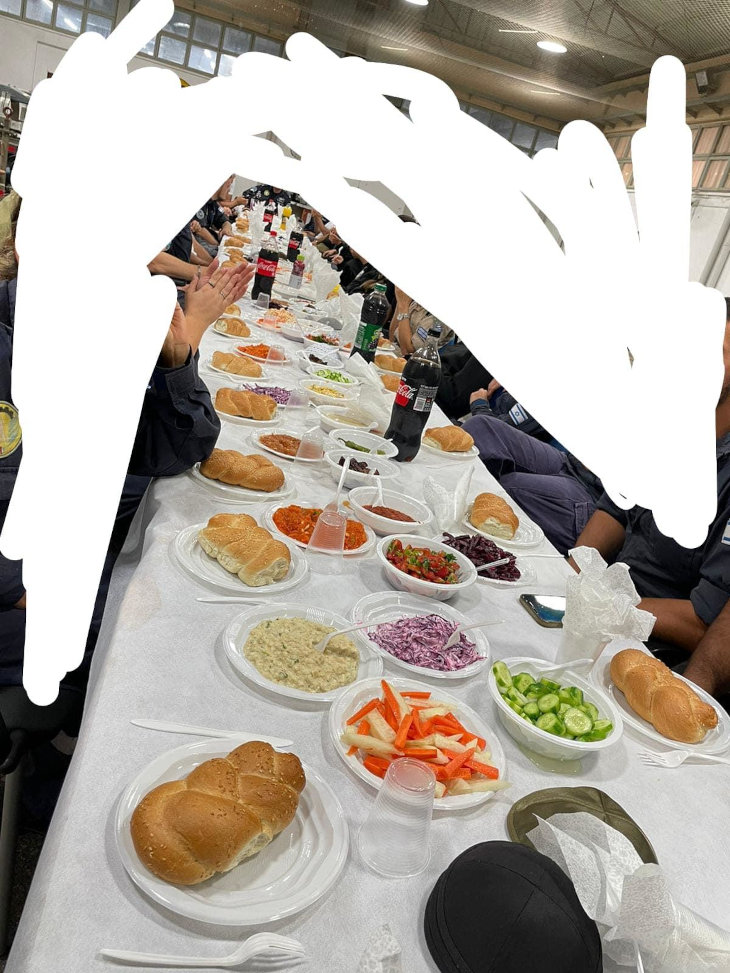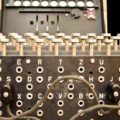As the sun begins to set on Friday evening, the sound of scurrying soldiers making their last preparations before a Shabbat spent away from home, away from their families and usual Friday night rituals, begins. Soldiers hurry to clean and tidy their quarters and make their way to the mess hall for the Shabbat meal. Shabbat in the army is a unique time for soldiers.
While not all Israeli soldiers observe the laws of Shabbat, it is clear that it is not just another day for everyone. Throughout the year, Shabbat is sometimes dangled as a disciplinary measure to those who misbehave or talk back to army officials. There’s always a need for soldiers to remain back in the base. To be in charge of protecting the army base and defending borders, which requires a gun and communications devices. The rest of the time, while off duty, soldiers eat, sleep, pray, and play card games and backgammon to pass the time.
Shabbat Ground Zero
The first Shabbat after what was later dubbed the “Black Sabbath,” a name that would’ve made even Ozzy Osbourne a bit teary, was a grim site. The fog of war permeated throughout Israeli Army bases. The Shabbat food arrived in large containers, and soldiers would come in for a small bite before returning to their posts guarding the base and to the operations room.
The religious soldiers in the army split into two camps. Some will keep and uphold the feeling of Shabbat at any price. They put away their phones, communication devices, guns, or weapons and dedicate their time to praying and going through the rituals of Shabbat. Some visit families living nearby the base to experience a shabbat that at least feels like home, even if it’s not theirs. Those who are able try to work double shifts throughout the week so they can have their time off on Shabbat. Others are unable to focus on maintaining the illusion of routine and instead dedicate their time to following through with missions and assignments.
The non-religious soldiers’ mentalities have also shifted in this past month, with many wearing Tefillin again for the first time since their Bar Mitzvah. Some even began making more of an effort to keep shabbat and participate in the rituals.
Since that first traumatic shabbat, things have returned to some semblance of normalcy. When Shabbat begins, food is hauled en masse from donors from around the country. There’s a smorgasbord of foods from couscous to cakes and cookies. These warm meals are the highlight of the Shabbat for many. Not only is it a reminder of home and usually delicious, but it shows that they are being appreciated and thought of while putting their lives on the line. The hand-written cards and heartfelt messages sent their way also do much to improve the morale on the army bases.
EFFORTS MADE
View this post on Instagram
Just a week ago, a brigade celebrated Shabbat in Gaza. The spread may have been modest, but it had all the workings of a traditional Shabbat meal. More than ever, people are coming together to help make Shabbat feel like shabbat for the soldiers serving the country. Celebrities and singers have come to perform for soldiers and even join them in their Friday night dinners.

One story comes from Yael Vanunu, who heard of a nearby army post that didn’t have any food for Shabbat just hours before Shabbat. She immediately kicked into high gear, calling all of her friends and colleagues to help get the soldiers home-cooked meals for Shabbat dinner. Her post went viral as people began to send more food than they knew what to do with. Even major supermarket chains chipped in with boxes upon boxes of fresh challah rolls and hummus. She says that she received a call after shabbat from one of the soldiers there who, through tears, told her how much it meant to him that they were being looked after and cared for.

















